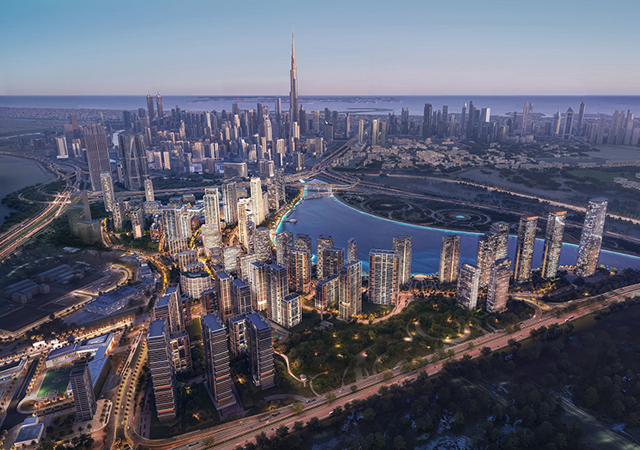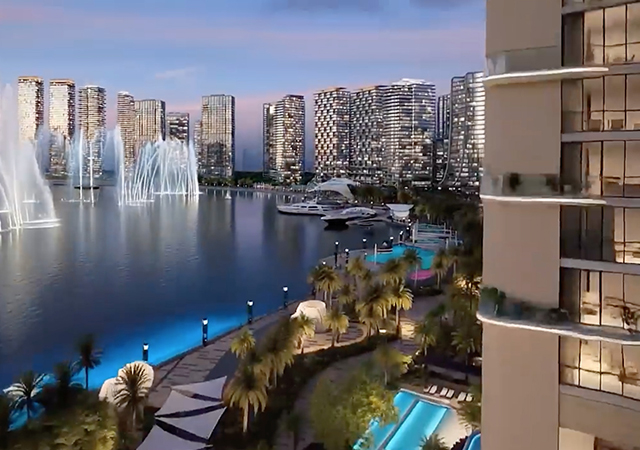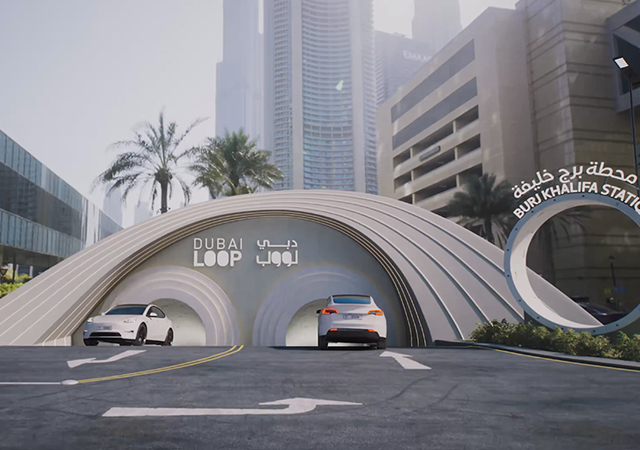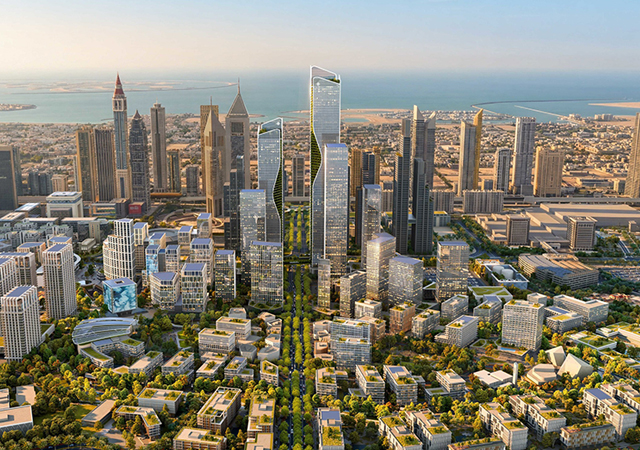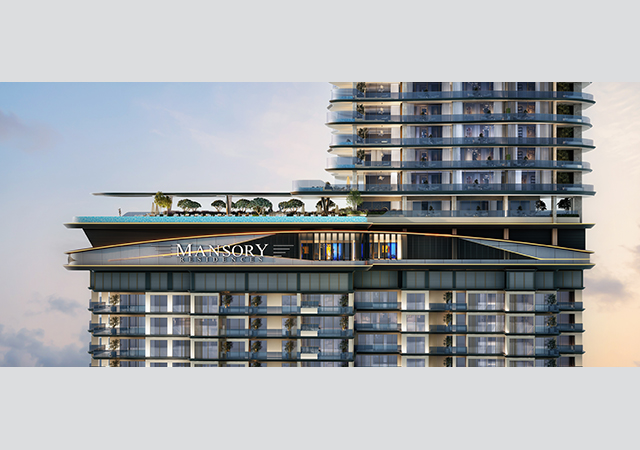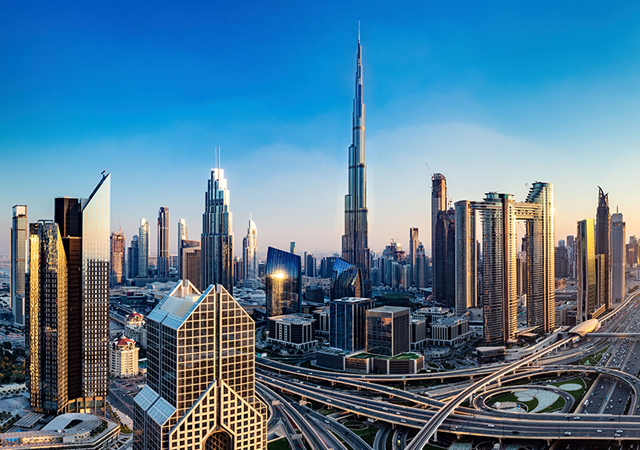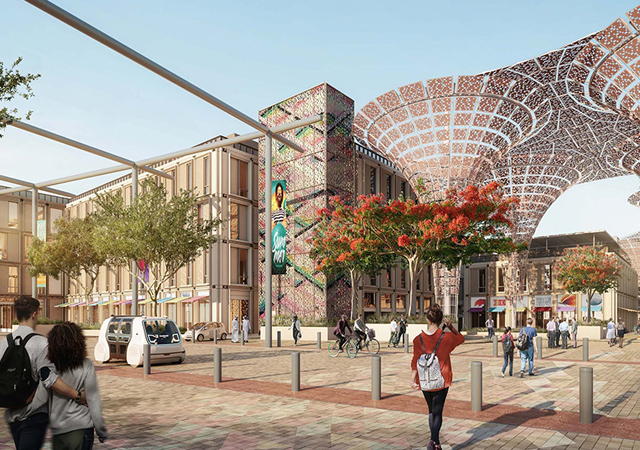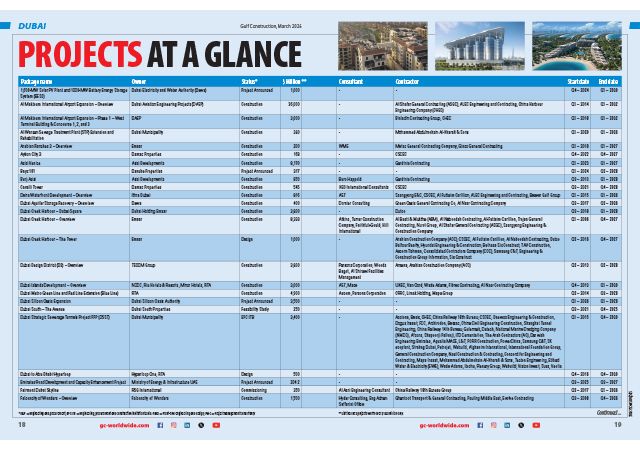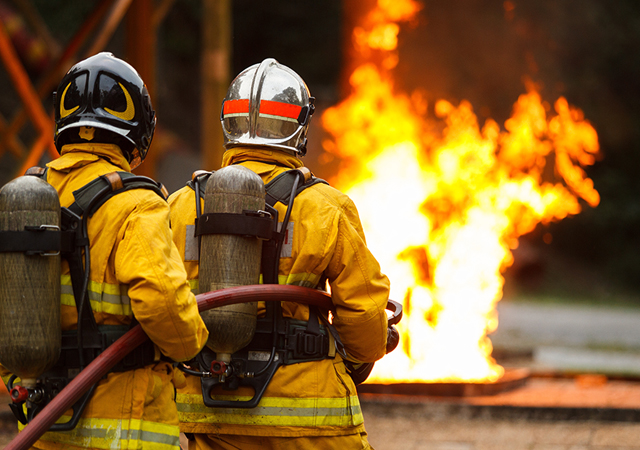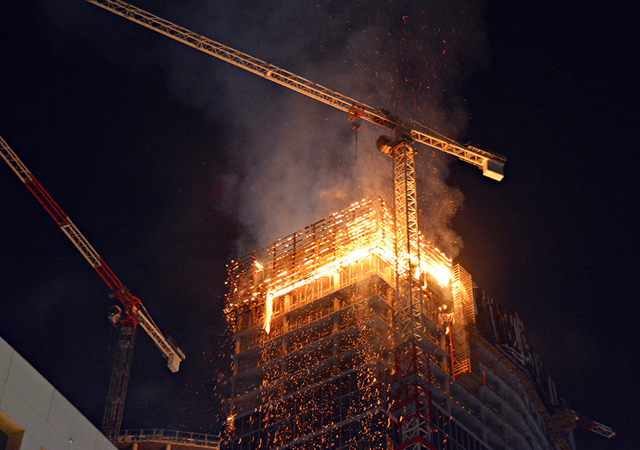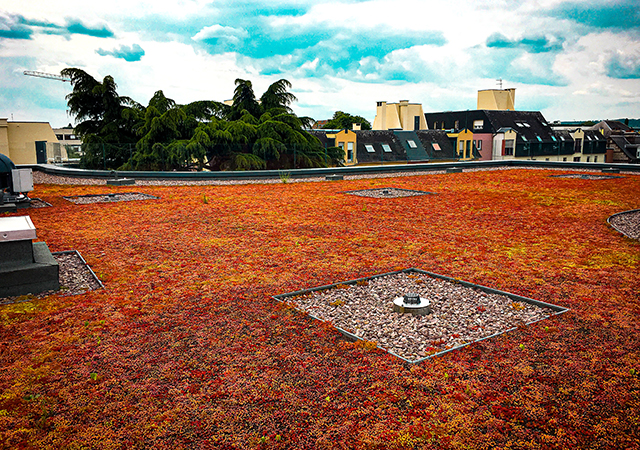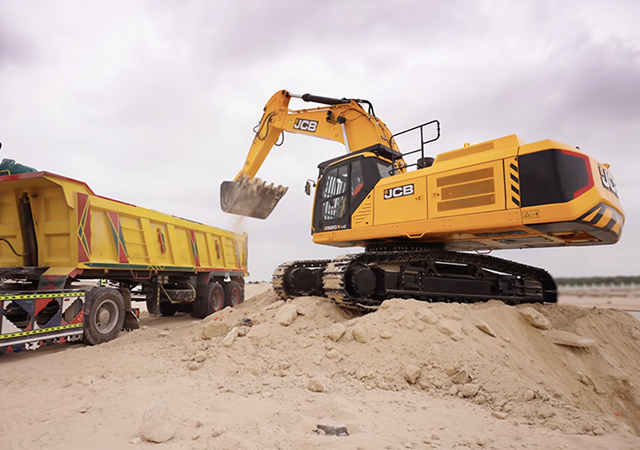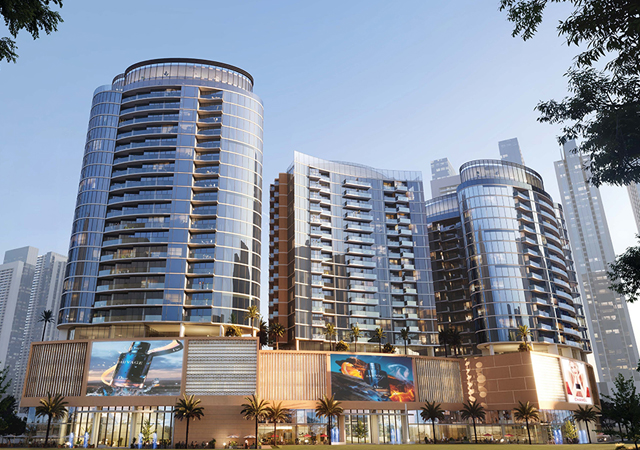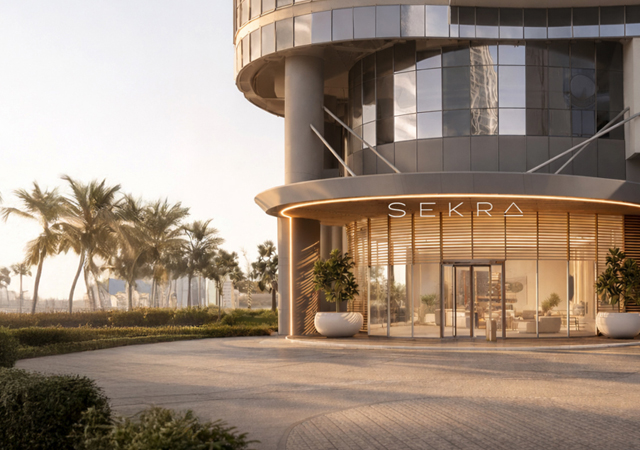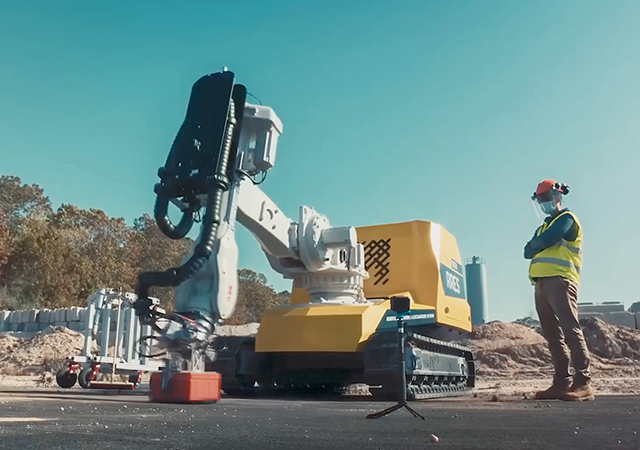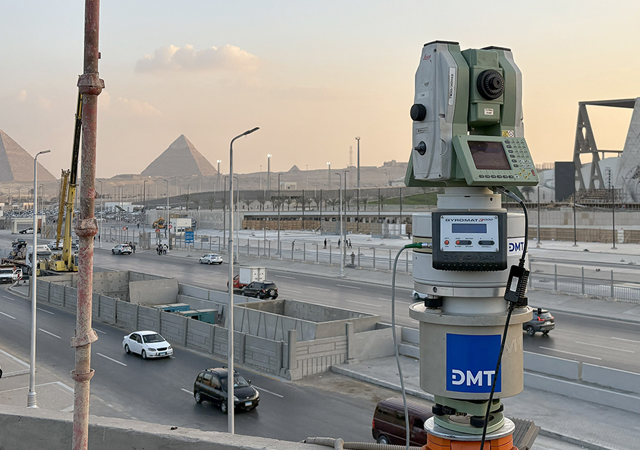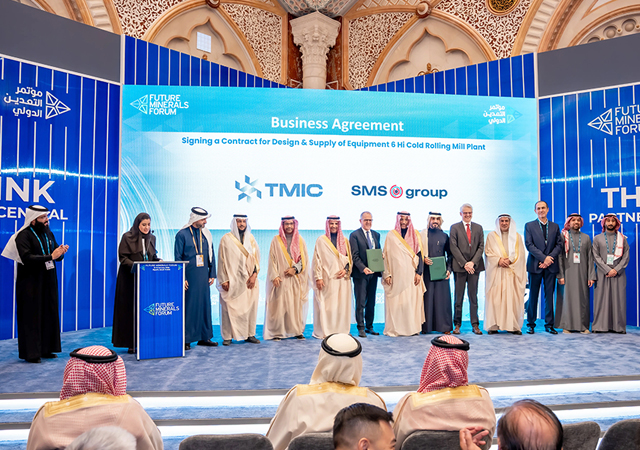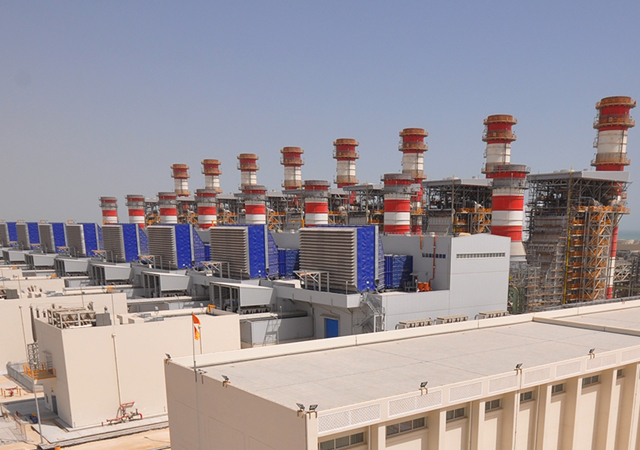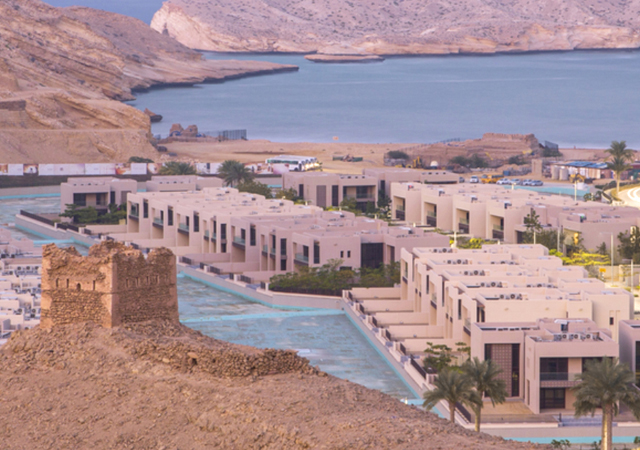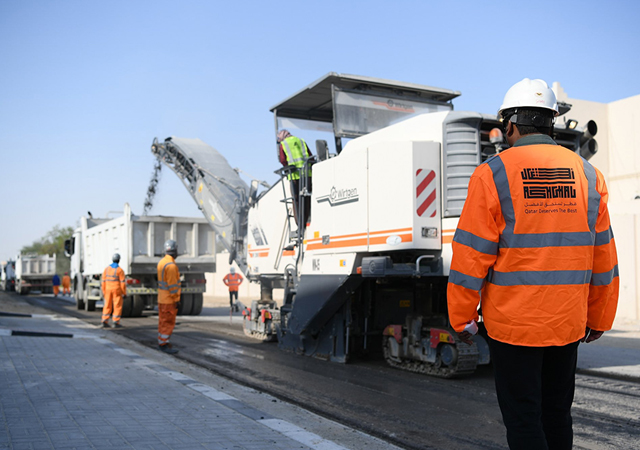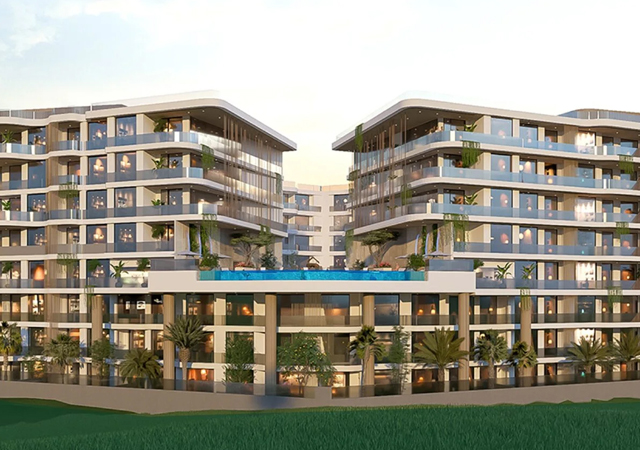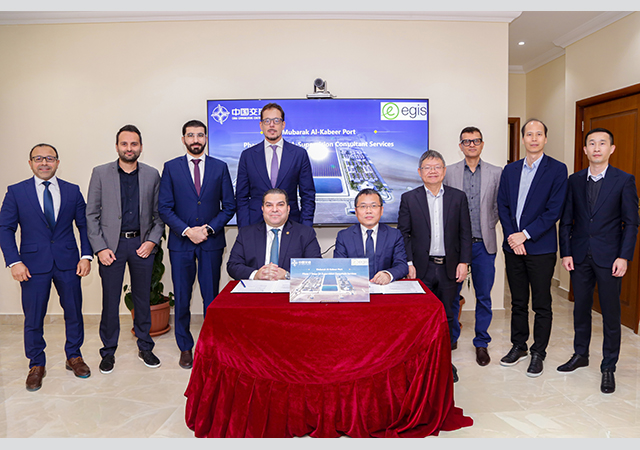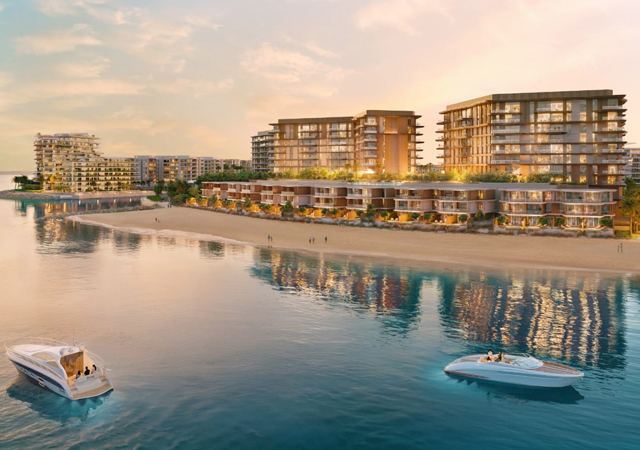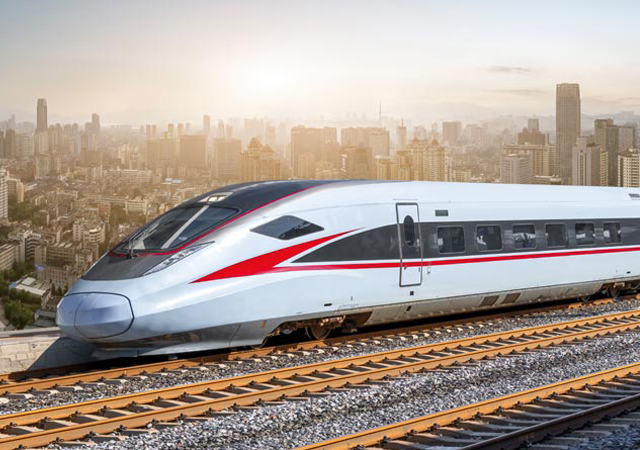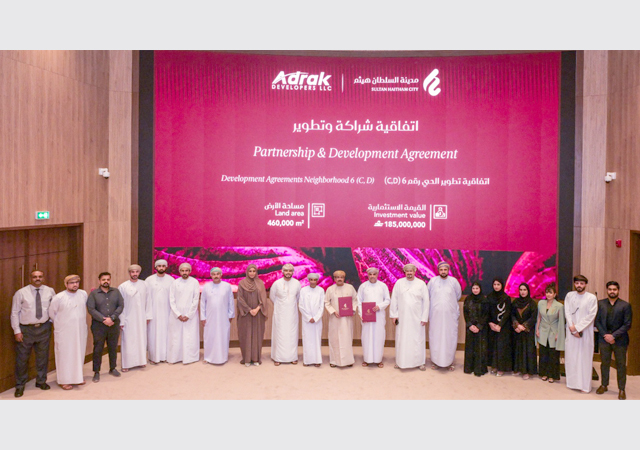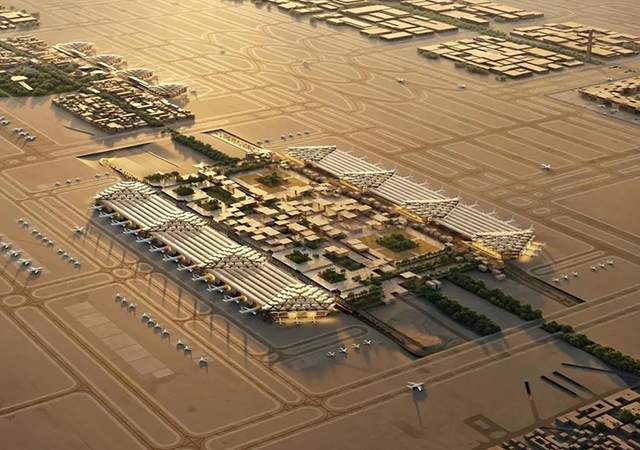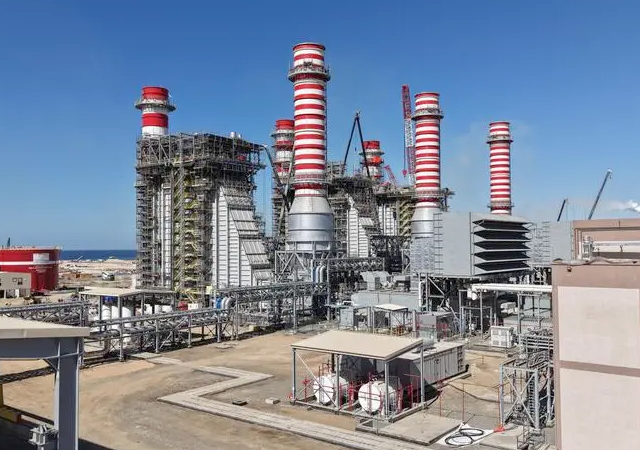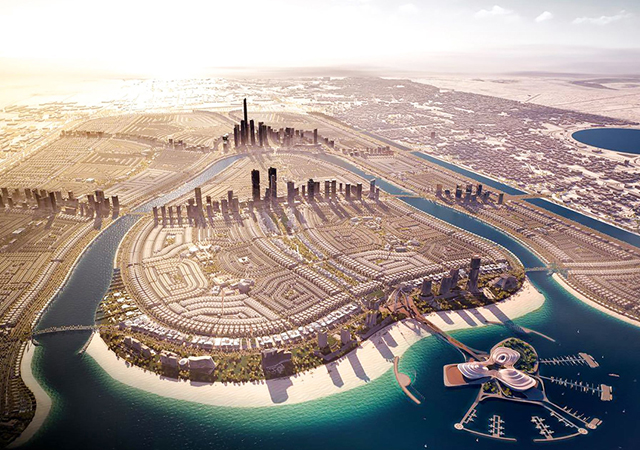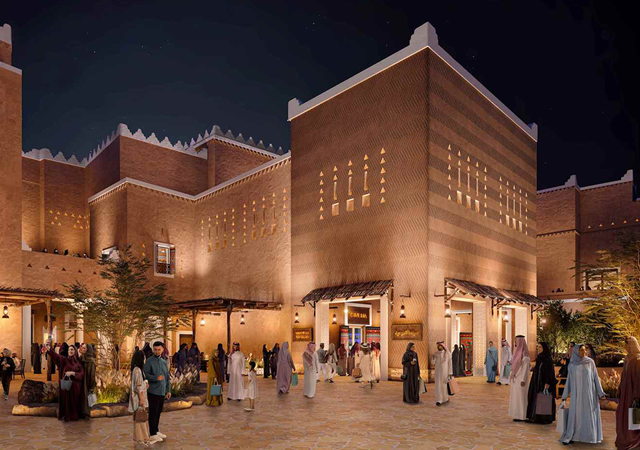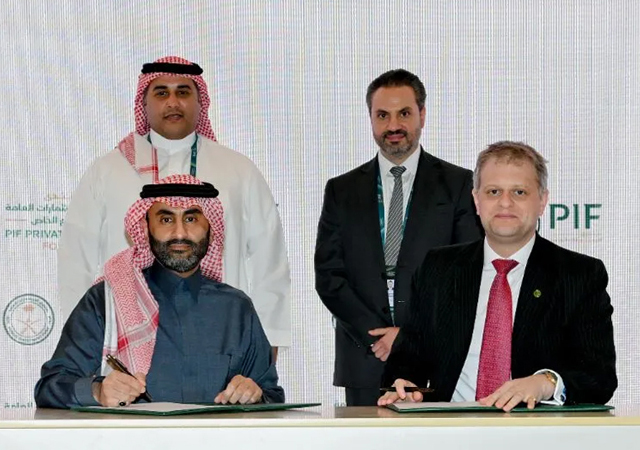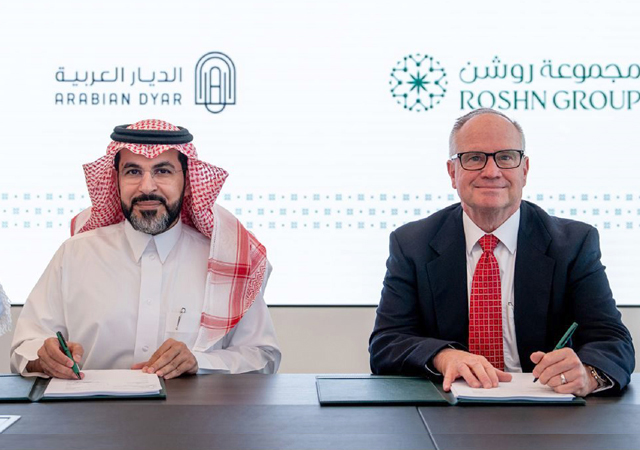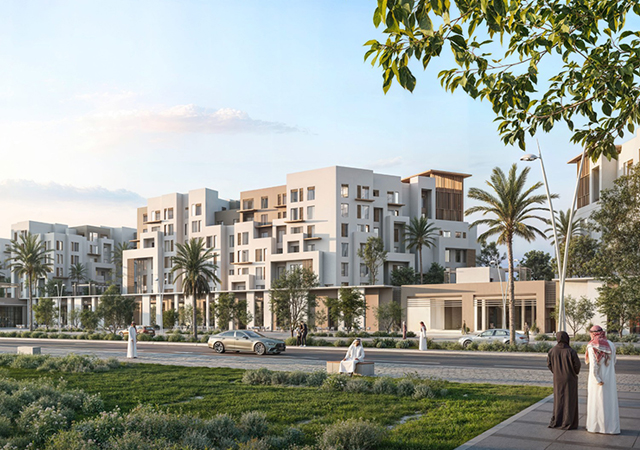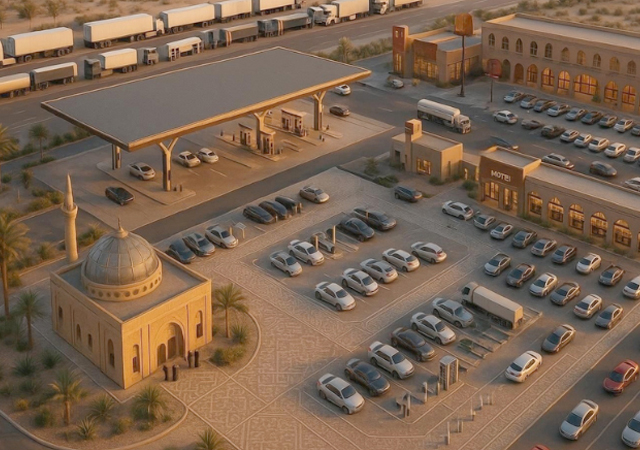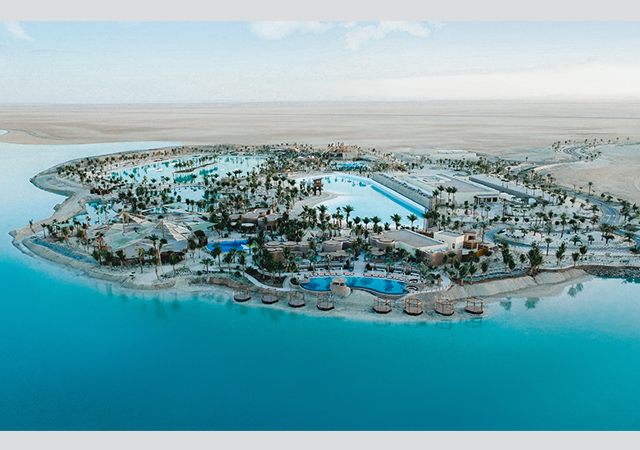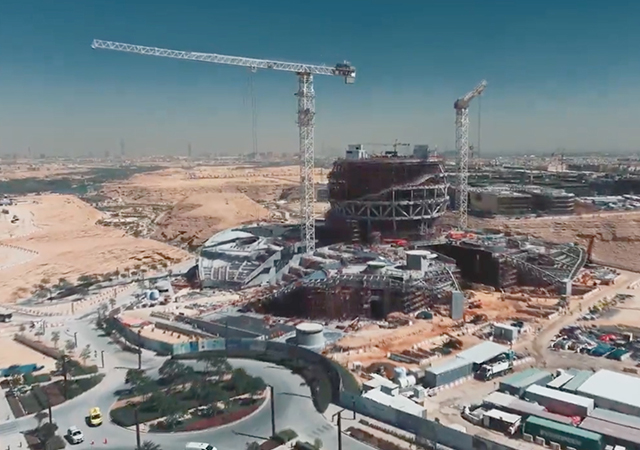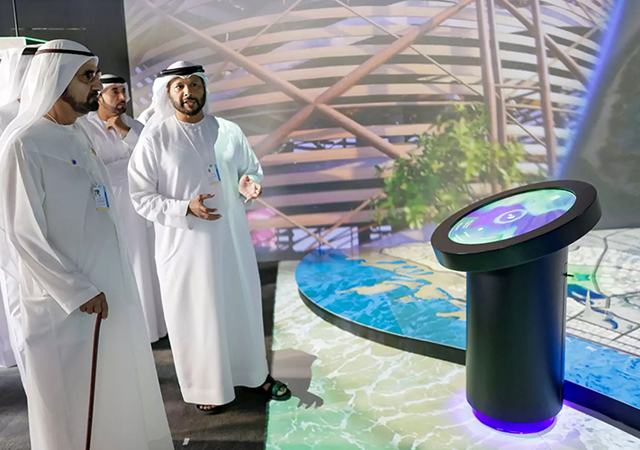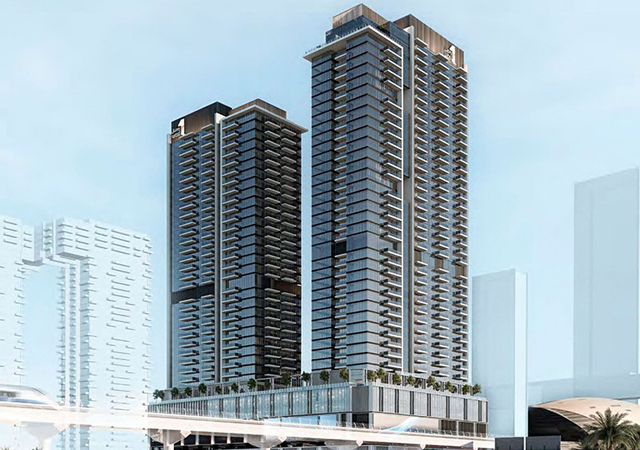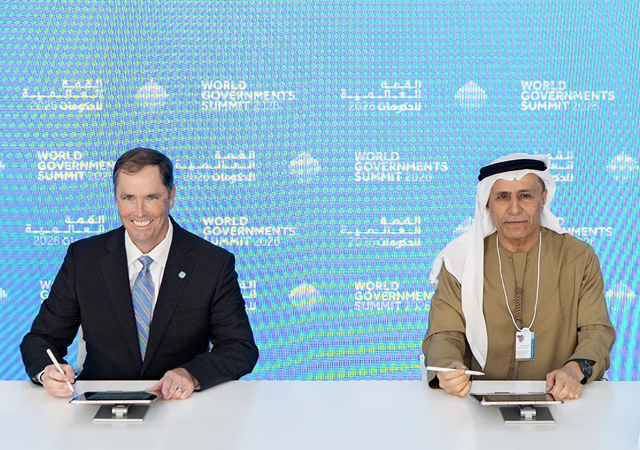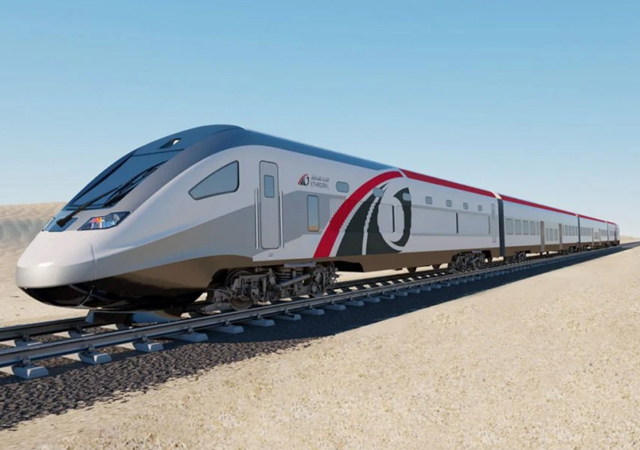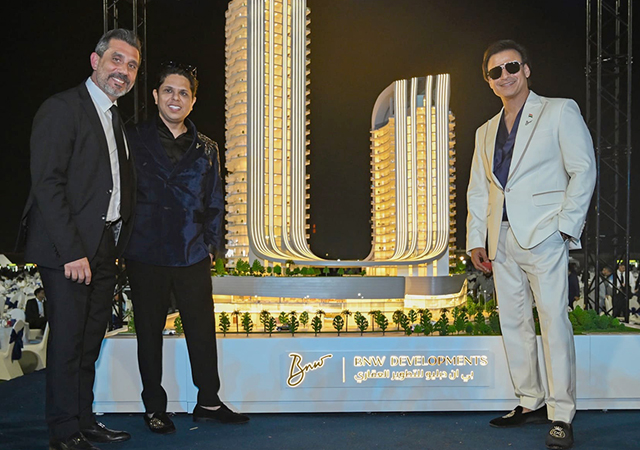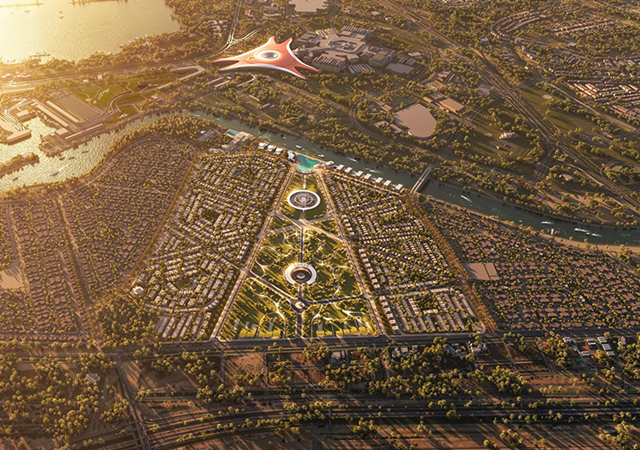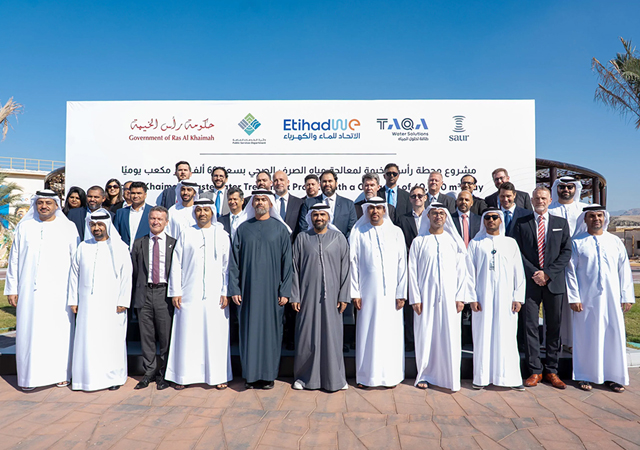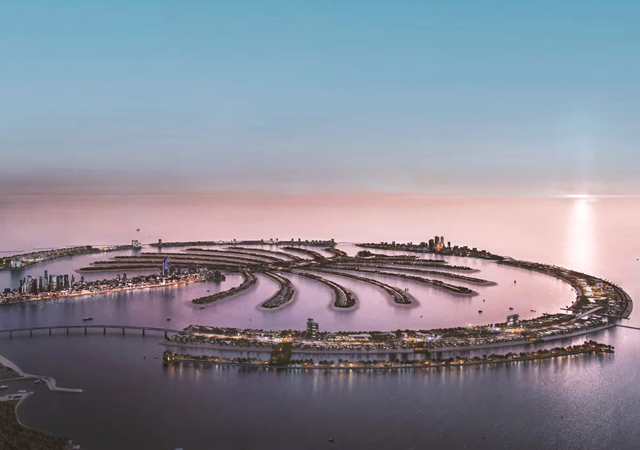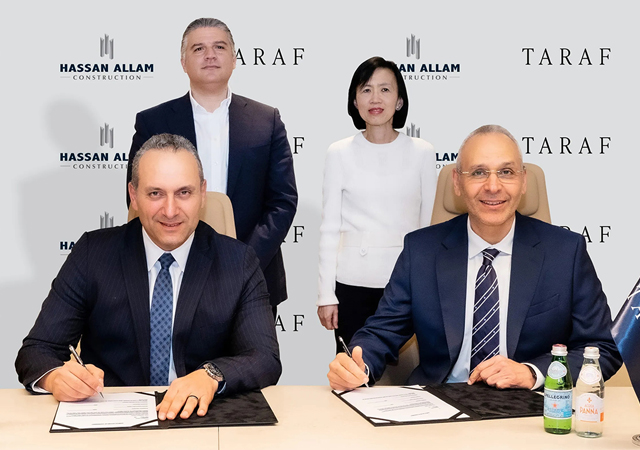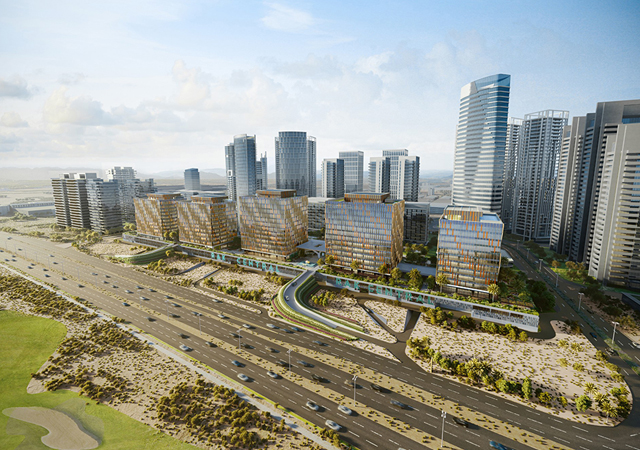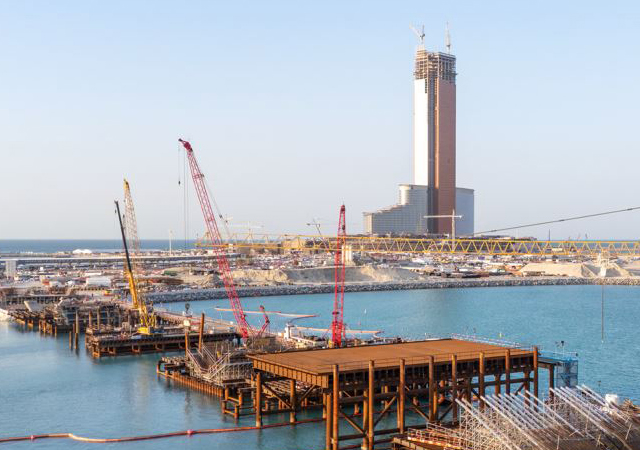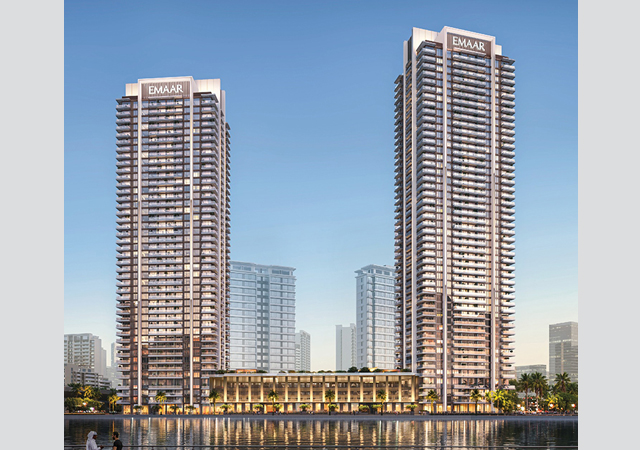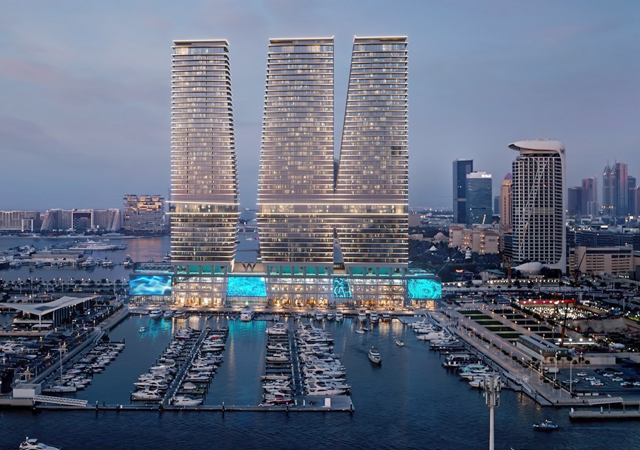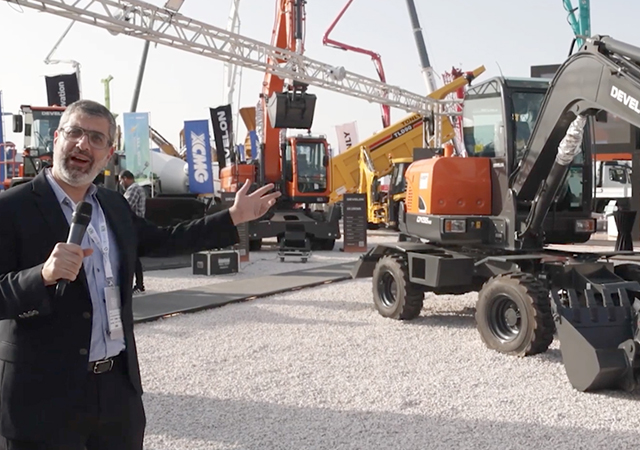

There is a new statutory regime governing construction activities within Dubai, including Dubai International Financial Centre (DIFC) and other free zones. It applies to construction in most sectors, expressly excluding airports and infrastructure works. Not all details are known yet but we have a lot to consider and there will be more to come.
This is Law No.7 of 2025 Regulating Contracting Activities in the Emirate of Dubai and it will become effective from January 8, 2026. Of course it isn’t the first legislation in this area: in particular, there are Dubai Local Orders on the Practice of Engineering Consultancy in the Emirate of Dubai (Order No. 89 of 1994) and Regulating Construction Works in the Emirate of Dubai (Order No. 3 of 1999) governing, respectively, engineering consultants and contractors by assessment of their specialisms and experience, to undertake permitted activities. These and other relevant existing laws will remain in effect after January 8, 2026, to the extent that they do not conflict with the new law. We can expect that, with further regulations to be added under the new law, the existing laws will become incrementally excluded.
So, what’s new? In short, two things. First, the Dubai government wants to improve oversight of construction, and thereby improve standards. Second, the law responds to the fact that design/engineering and construction services are generally not contracted separately. Engineering, procurement and construction (EPC) and design-build are the most common models in big projects, and it is logical to regulate them together. Hence, for the first time, the law recognises EPC (or turnkey contracting) and will regulate contractors doing this work as a distinct category – although the details of that are still to come.
As the centrepiece, Dubai Municipality will maintain a new mandatory Contractor Register of all contracting firms operating in Dubai. The requirements for contractors to become classified for permitted activities are more detailed and, on the face of it, more strict than the existing laws. Contractors will qualify (and be upgraded or downgraded in classification) based on their evidenced performance on technical, financial and administrative metrics; and this will be overseen by a new Contracting Activities Regulation and Development Committee. One interesting point is the indication that contractors will initially be placed in the lowest category until they demonstrate their capabilities to be classified higher. That might be an obstacle (albeit temporary) to the large and well-established contractors already carrying out the big and complex projects.
Likewise, technical staff that contractors intend to engage on a project will need to be registered and have their specialist credentials verified as appropriate for that project.
Health and safety obligations remain governed by the existing Code of Construction Safety Practice but the new law increases oversight in terms of site inspectors’ powers and requirements on documentary compliance.
Subcontracting will be an interesting area to watch. Existing law deals with this only lightly, in allowing subcontracting to correctly licensed subcontractors (which is axiomatic, as this licensing requirement applies to all contractors) and which doesn’t conflict with the main contract. The new law states that all subcontracting will be subject to approval from Dubai Municipality. It isn’t clear whether this means every level of subcontracting but even if it applies just to first-tier subcontracts, that would mean approval needed for tens or hundreds of subcontractors on a substantial project.
As in the rest of the world, subcontracting is a commercial and practical necessity. In practice, I do not envisage Dubai Municipality actively assessing and approving or rejecting subcontracting applications for every project on an individual subcontractor basis. At a guess, the new law simply recognises the act of subcontracting as a useful moment at which to verify (or make sure that main contractors verify) that the proposed subcontractors are properly registered and are licensed for the relevant subcontract works. If main contractors correctly declare that this is so, I would anticipate a system of project-wide approval being given.
The new law allows the creation of contractor consortia, subject to approval from Dubai Municipality and subject to all members of the consortium being registered and appropriately licensed. It isn’t clear whether all of them need to be licensed for all activities in the project. On the face of it, that would defeat the usual purpose of forming consortia: in which contractors of different specialisms combine to cover the full range of activities required. In my experience, contractors need to be agile in making and remaking consortia at bid stage, so it is to be hoped that the new law won’t create an administrative obstacle in terms of delay or doubt as to whether consortium members will be approved post-award.
A Code of Conduct will be issued by the Contracting Activities Regulation and Development Committee. Again, no details are published as yet but it is expected to cover bribery and corruption, and anti-competitive behaviour.
Maximum fines and other sanctions for breach are increased from those under the existing laws. Overall, we should welcome efforts to drive improvements in quality and professional behaviour. If we have transparency in the classification of contractors (and technical personnel) and responsive supervision from the authorities, this will be to the benefit of our industry and its customers.
* Dubai-based Stuart Jordan is the Global Head of Construction for Baker Botts, a leading international law firm. He has extensive experience in the Middle East, Russia and the UK.



